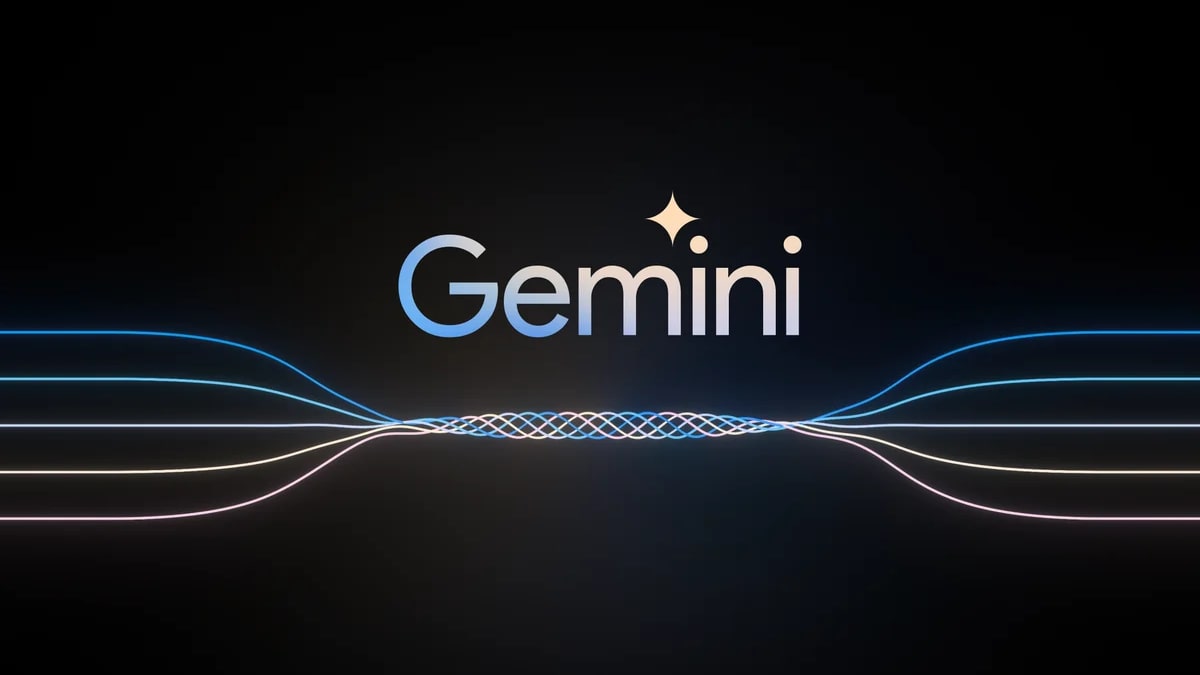'The party is over for developers looking for AI freebies' — Google terminates Gemini API free access within months amidst rumors that it could charge for AI search queries
Google wants free users to become paid customers

Sign up for breaking news, reviews, opinion, top tech deals, and more.
You are now subscribed
Your newsletter sign-up was successful
It’s been rumored for a while now that Google is considering charging users for AI powered results, especially concerning the idea of a premium search option which leverages generative AI.
Whether that will happen remains to be seen, but Google is ending the era of free access to its Gemini API, signaling a new financial strategy within its AI development.
Developers previously enjoyed free access to lure them towards Google’s AI products and away from OpenAI’s, but that is set to change. OpenAI was first to market and has already monetized its APIs and LLM access. Now Google is planning to emulate this through its cloud and AI Studio services, and it seems the days of unfettered free access are numbered.
RIP PaLM API
In an email to developers, Google said it was shutting down access to its PaLM API (the pre-Gemini model which was used to build custom chatbots) to developers via AI Studio on August 15. This API was deprecated back in February.
The tech giant is hoping to convert free users into paying customers by promoting the stable Gemini 1.0 Pro. “We encourage testing prompts, tuning, inference, and other features with stable Gemini 1.0 Pro to avoid interruptions," The email reads. “You can use the same API key you used for the PaLM API to access Gemini models through Google AI SDKs.”
Pricing for the paid plan begins at $7 for one million input tokens and rises to $21 for the same number of output tokens.
There is one exception to Google’s plans - PaLM and Gemini will remain accessible to customers paying for Vertex AI in Google Cloud. However, as HPCWire points out, “Regular developers on cheaper budgets typically use AI Studio as they cannot afford Vertex.”
Sign up to the TechRadar Pro newsletter to get all the top news, opinion, features and guidance your business needs to succeed!
More from TechRadar Pro

Wayne Williams is a freelancer writing news for TechRadar Pro. He has been writing about computers, technology, and the web for 30 years. In that time he wrote for most of the UK’s PC magazines, and launched, edited and published a number of them too.